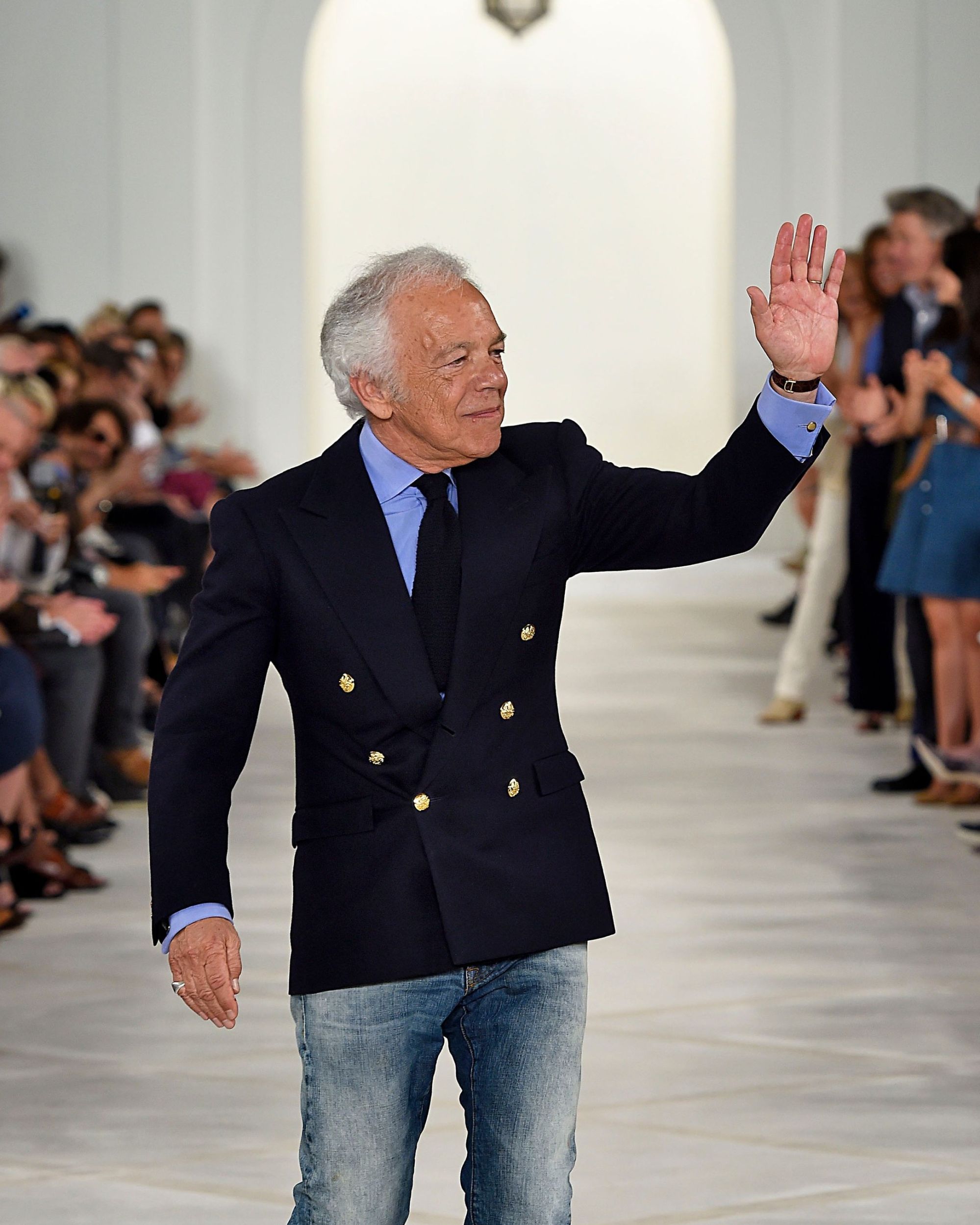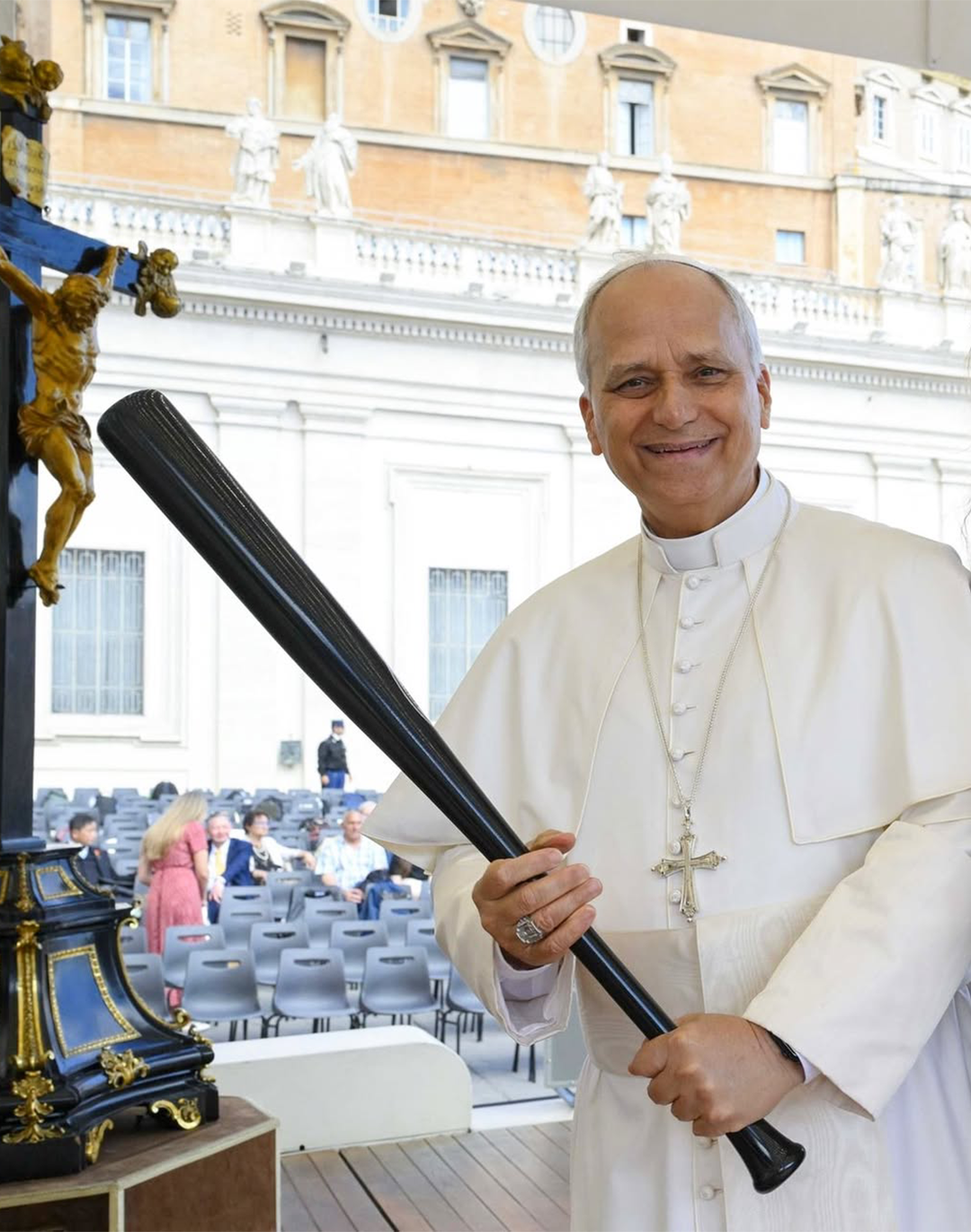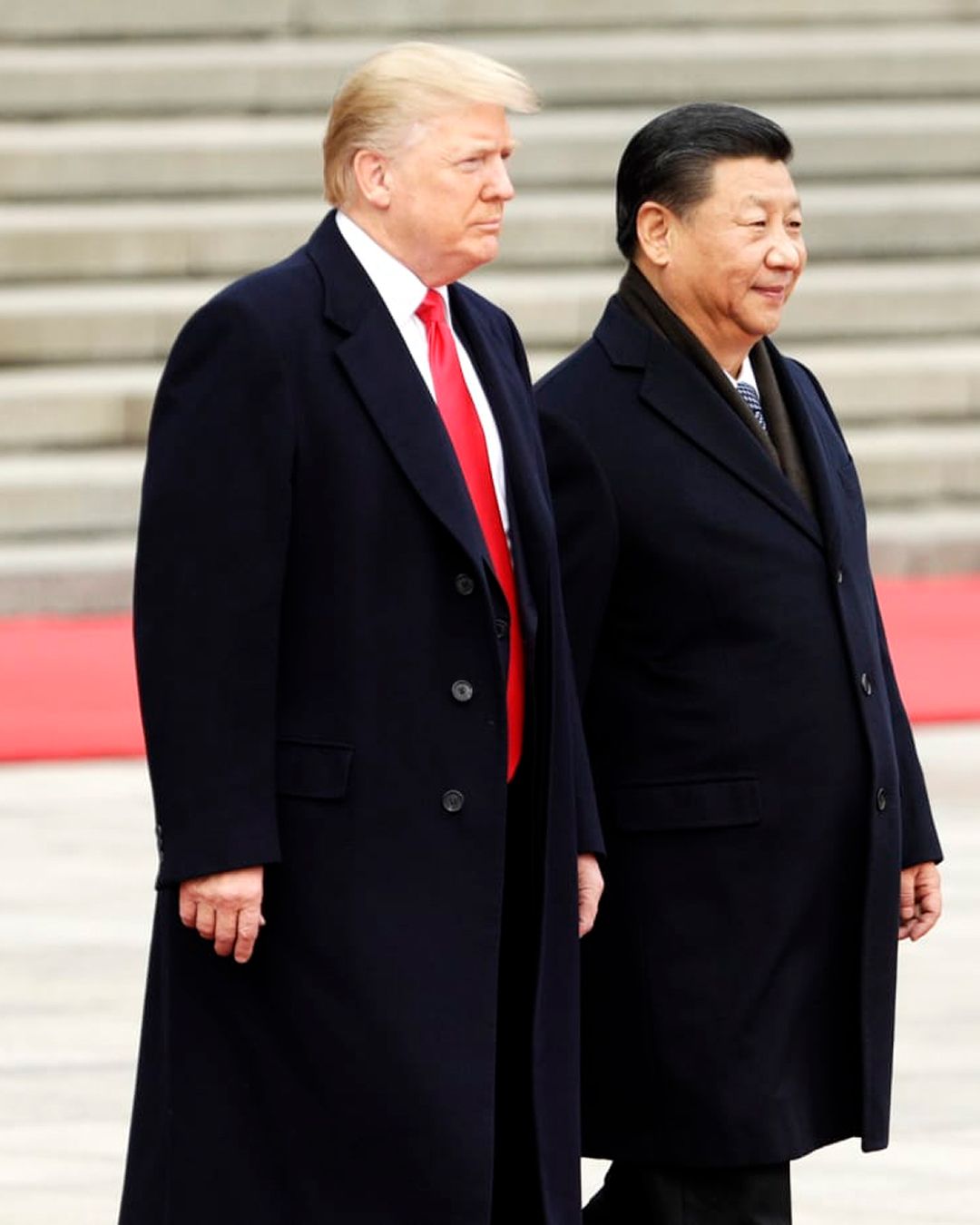
Why did Meta decide to stop fact-checking? A move made in the name of “freedom of speech” according to Zuckerberg
Meta Platforms, the parent company of Facebook, Instagram, and Threads, announced yesterday the end of its third-party fact-checking program. This program, a cornerstone of its initiatives against disinformation since 2016, will be replaced by a user-driven system, similar to the "Community Notes" feature introduced by Elon Musk on X (formerly Twitter). This decision, which Mark Zuckerberg himself explained in a lengthy video posted yesterday on Instagram, represents a significant strategic shift for Meta, ahead of the inauguration of the new Trump administration, raising crucial questions about the future of content moderation on one of the world’s largest social platforms. In the announcement video, Mark Zuckerberg described the decision as a return to the principles of free speech: «It’s time to return to our roots of free expression» he stated, admitting that the content moderation efforts of recent years had gone too far, undermining the company's values. He described the fact-checking program as plagued by «too many mistakes and too much censorship» and thus harmful to free expression on the company’s platforms – though many see it more as an open authorization for political propaganda on Facebook and Instagram. While acknowledging that the end of fact-checking will open the doors to more harmful content, Zuckerberg justified it as a necessary compromise to protect users whose posts were mistakenly flagged or removed.
Meta’s decision is emblematic: its collaboration with independent fact-checking organizations was born precisely after the criticism it received during the 2016 U.S. presidential elections, when Facebook was accused of facilitating the uncontrolled spread of disinformation, including material produced by foreign countries aimed at destabilizing American society. In response, Meta partnered with fact-checking organizations like Associated Press and Snopes, investing billions of dollars and mobilizing thousands of employees and collaborators to tackle the proliferation of false content on its platforms. For eight years, the fact-checking program reshaped Facebook and Instagram’s image, incorporating both certified fact-checkers and artificial intelligence systems to label or remove misleading posts. As the New York Times explains, some independent studies also demonstrated the program’s effectiveness in reducing the spread of fake news and political content, though Zuckerberg had already expressed dissatisfaction back in 2019 during a speech at Georgetown University, as he did not want to turn Meta into an «arbiter of truth». This sentiment intensified during the Biden administration, which pressured social platforms to remove content related to public health issues, particularly COVID-19. In a 2022 letter to Congress, Zuckerberg criticized what he called excessive demands from the White House, including requests to moderate satirical or humorous content.
Mark Zuckerberg scrapped fact-checking from Meta platforms. He's also added Trump ally Dana White to Meta's board and is helping fund his inauguration.
— Robert Reich (@RBReich) January 7, 2025
Why is Zuckerberg kissing Trump's ring?
Perhaps it's because of the FTC's antitrust lawsuit against Meta.
Follow the money.
And now, the termination of the program has been linked to the return to power of Donald Trump, who has long accused many social platforms of bias against conservative viewpoints, clashing with big social network administrators over content moderation policies. In short, Zuckerberg has implicitly thrown the gates open for Trump, perhaps realizing he can follow Musk’s example with Twitter and transform Facebook and Instagram into mega-catalysts of political power. According to the New York Times, Zuckerberg recently dined with Trump at Mar-a-Lago and donated $1 million to the president-elect’s inaugural fund. In another symbolic gesture, Meta announced the appointment of Trump ally Dana White to its board of directors and the relocation of its U.S.-based content moderation teams from California to Texas, a state known for its conservative policies and resistance to Silicon Valley’s progressivism. The influence of Elon Musk is equally evident in Meta’s new direction. Musk, now a confidant of Trump, has promoted an unrestricted approach to free speech on X, and it’s no coincidence that the app has become a vortex of politicized content where, thanks to the removal of the “block” feature, users are practically forced to read political content the app itself provides without the possibility of opting out. As expected, the public’s reaction has been polarizing.














































